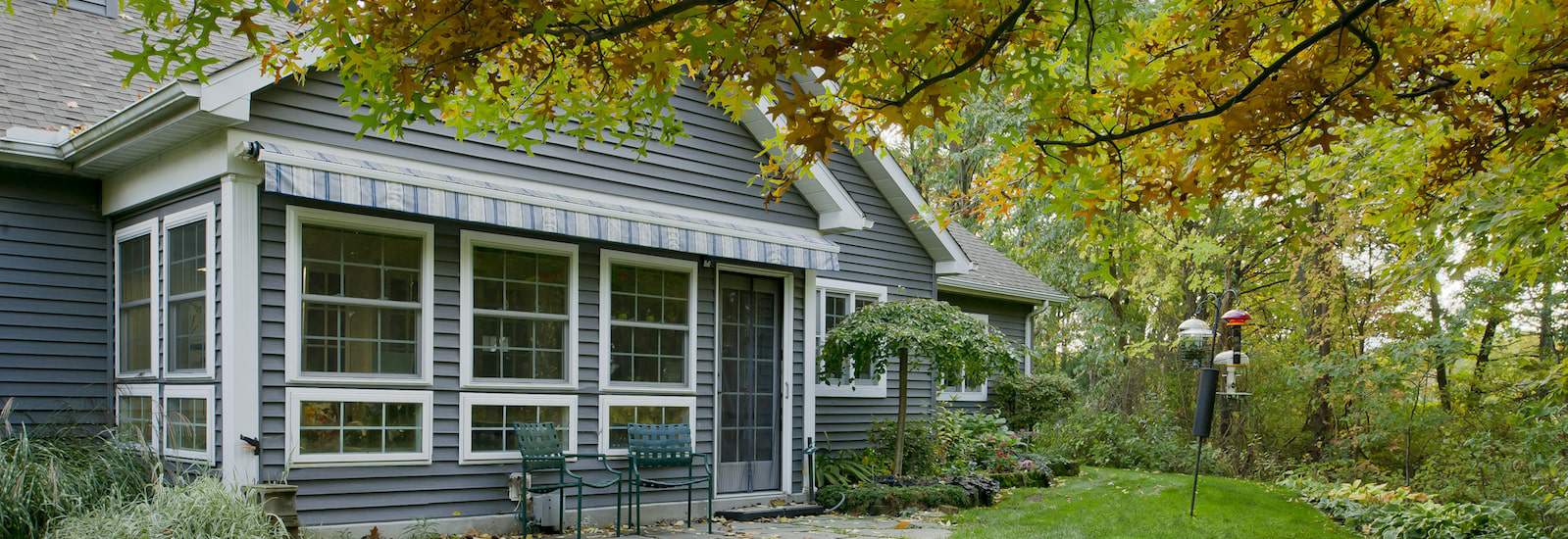
Staying at Home vs. Moving to Senior Living
Published: April 8, 2019
Deciding When to Move to a Retirement Community
Staying in your house as you age is an idea that sounds perfectly nice – and for some people it works out fine. But there’s a flip side. Simply put, your house isn’t getting any younger. It can quickly become a drain on both your financial resources and your energy.
People who are considering senior living often equate a community’s monthly fee to their mortgage. However, there are factors – and costs – that are often not part of that equation. For example, a mortgage pays for the roof over our heads, but does not include the maintenance costs that come with home ownership. Nor does a mortgage cover real estate taxes, entertainment, transportation to area shopping or events, and amenities like a pool and fitness center. All of these, in addition to your residence and maintenance, are included in Asbury’s monthly fee.
We understand the attachment to home. But time and again, we hear from new residents who say they never realized how much they would gain by “giving up” all that space. “I wish I had done this sooner,” is a common refrain.
Delaying a home sale opens us up to market fluctuations, delayed maintenance costs and changing home buyer preferences. And between monthly expenses and routine and unexpected maintenance costs, you may be paying more to remain in a mortgage-free home than it would cost to make the move you’ve been considering.
Ask yourself the following questions:
- Does your house have the things you need to age safely and conveniently as you age – single-floor living, accessible baths, kitchen and laundry, and security features?
- Could you easily live in your house if you were recovering from an injury that challenged your mobility?
- Do you have neighbors and friends close by who you routinely socialize with and a dedicated support network to help you age safely and well?
- Do you have reliable support for home maintenance and repairs?
- Have your home’s floor plan and features kept pace with new home buyers’ demands? Are you willing to invest the energy and money to make that happen?
The personal and financial costs of “not yet” can be much higher than we realize.
